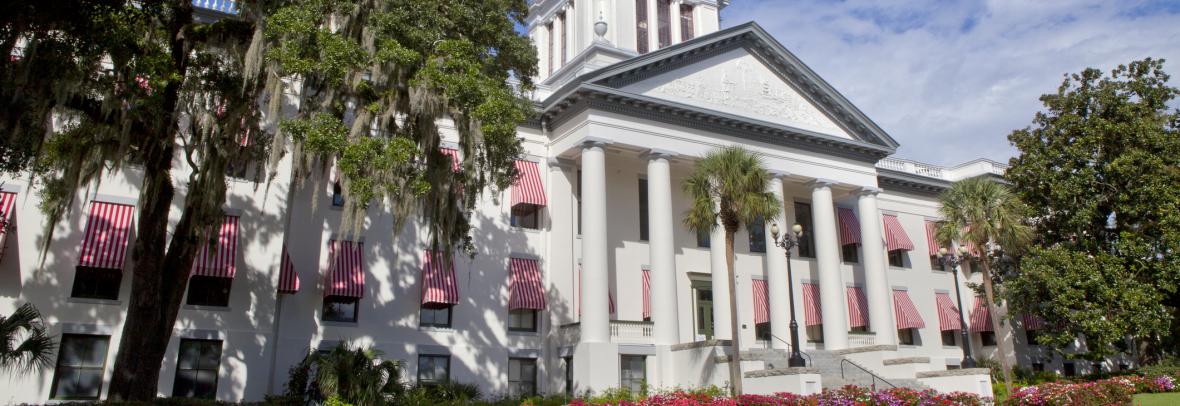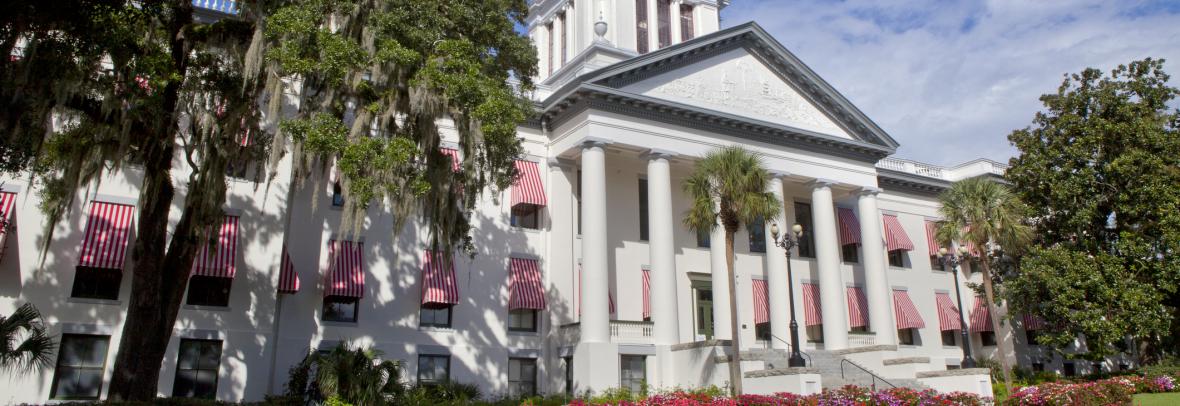
A special session of the Florida Legislature meets next week, and lawmakers issued a formal proclamation saying they will consider hot-button insurance issues.
TALLAHASSEE, Fla. – With Florida’s property-insurance system in turmoil, state lawmakers could be poised to take major steps to try to stabilize the market during a special legislative session next week.
Senate President Kathleen Passidomo, R-Naples, and House Speaker Paul Renner, R-Palm Coast, released a formal session proclamation Tuesday that indicated lawmakers will consider a series of hot-button insurance issues.
According to information from Florida Realtors’ Public Policy office, those goals include:
- Reducing the cost of litigation regarding property insurance claims.
- Fostering the availability of reinsurance for property insurance.
- Improving the claims handling practices in property insurance.
- Modifying deadlines for notices of property insurance losses and limiting the assignment of benefits (AOB) under property insurance policies.
- Updating property insurance requirements regarding alternative dispute processes, coverage options and agent practices.
- Increasing oversight of property insurance market participants.
- Improving the financial stability of Citizens Property Insurance Corporation – the Florida-owner “insurer of last resort”– reducing potential assessments related to the Citizens Property Insurance Corporation, and fostering the transition of Citizens Property Insurance Corporation policies to the private property insurance market.
- Providing tax relief and other financial assistance related to damages resulting from Hurricanes Ian and Nicole.
- Providing additional mechanisms to support the Division of Emergency Management for natural disaster response, recovery and relief efforts.
- Establishing a statewide toll-credit program for frequent Florida commuters.
Detailed bills have not been released for the special session, which starts Monday.
During a news conference last month, Renner said lawmakers will look at a “kitchen sink of options” to try to stabilize the market and expand private coverage. But he also cautioned that whatever changes the Legislature makes during the special session will not lead to immediate rate reductions for consumers.
“As outlined in the proclamation, we will consider further reforms to ensure Floridians have access to reliable and affordable property insurance, legislation that provides property tax relief to Floridians whose homes are uninhabitable due to recent hurricanes, and legislation that establishes a statewide toll credit program for frequent Florida commuters,” Passidomo wrote Tuesday in a memo to senators. The toll-credit program is a priority of Gov. Ron DeSantis.
Private insurers have shed hundreds of thousands of policies and sought large rate increases during the past two years because of financial problems. Six insurers were declared insolvent this year.
Meanwhile, Citizens has seen its number of policies soar to more than 1.13 million as of Friday. State leaders have long sought to keep policies in the private market, at least in part because of financial risks to Citizens from major hurricanes.
Lawmakers held a special session in May to try to stabilize the market, but problems have persisted. Among the steps that lawmakers took during the May session was to provide $2 billion for reinsurance, which is essentially backup coverage that insurers need to handle large amounts of claims.
During the news conference last month, Renner indicated lawmakers could consider tapping state reserves to help with reinsurance. Renner, however, said he did not want to make a “long-term commitment to underwrite insurance.”
A day after Renner’s Nov. 22 news conference, Fitch Ratings released an analysis that said overall reinsurance prices are expected to increase by more than 10 percent in 2023, pointing to losses from disasters such as Hurricane Ian and “increasing frequency and severity of natural catastrophe claims.”
Fitch also said it expects tighter restrictions when reinsurance policies are renewed in 2023, while raising the possibility that Florida property insurers will not be able to buy all of the reinsurance they need.
“Nevertheless, we believe demand for property catastrophe reinsurance during the 2023 renewals season will be broadly met, except for Florida,” the analysis said.
Perhaps the noisiest issue of the special session will focus on limiting litigation costs and, particularly, whether to change a law that often leads to insurers paying the fees of plaintiffs’ attorneys. The insurance industry blames lawsuits for many of its problems, while plaintiffs’ attorneys argue litigation helps hold insurers accountable for properly paying customer claims.
A related issue is assignment of benefits, which is a practice that involves policyholders signing over claims to contractors, who then pursue payments from insurers. The industry argues that assignment of benefits leads to costly litigation.
© 2022 The News Service of Florida. All rights reserved.
Go to Source
Author: kerrys



